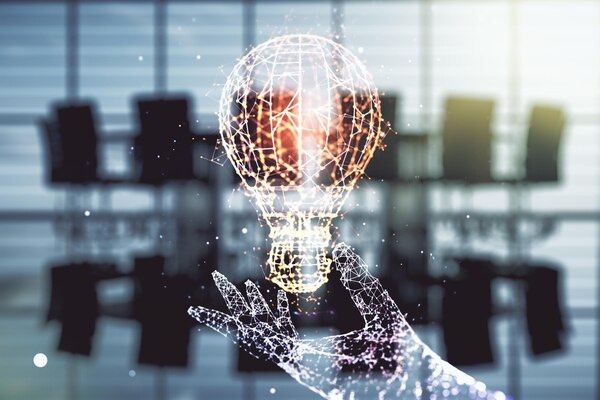The Future of AI in Everyday Life

Artificial Intelligence (AI) has been making its way into various aspects of everyday life, transforming industries and redefining the way we approach common tasks. As technology continues to evolve, it is clear that AI will play an even more significant role in shaping our future. This article explores some of the potential advancements in AI and how they may alter our day-to-day experiences in the coming years.
One of the most apparent transformations AI will bring is in the realm of smart homes. AI-powered systems are becoming more sophisticated, enabling them to learn from our habits and preferences. This technology can manage energy usage more efficiently, optimize lighting, and control temperature settings, thereby enhancing comfort while minimizing environmental impact. Voice-activated assistants like Amazon's Alexa, Google Assistant, and Apple's Siri are increasingly adept at understanding natural language, making it easier for users to interact with their smart homes and devices seamlessly.
Transportation is another sector where AI's influence is evident. The development of autonomous vehicles promises to revolutionize the way we commute. Self-driving cars powered by AI can potentially reduce traffic congestion, decrease accident rates, and provide mobility to those unable to drive. Moreover, AI can optimize public transportation systems, making them more efficient and user-friendly.
Healthcare is also poised for a significant transformation due to AI advancements. Machine learning algorithms can scrutinize vast datasets to identify patterns that may go unnoticed by human practitioners. This ability can lead to early diagnosis of diseases, personalized treatment plans, and improved patient outcomes. Furthermore, AI-powered robotic assistants are becoming invaluable in surgeries, enhancing precision and reducing recovery times.
In the educational realm, AI is beginning to play a crucial role in personalizing learning experiences. Adaptive learning platforms can tailor educational content to suit individual student needs, helping them grasp subjects more effectively. These systems can identify areas where students struggle and suggest targeted resources to facilitate better understanding, ultimately improving academic performance.
AI's integration into the workplace is redefining productivity and efficiency. Automation of routine tasks frees employees to focus on more complex undertakings that require creativity and human insight. AI tools can assist in data analysis, project management, and customer service, enabling companies to operate more effectively. This shift is expected to lead to the creation of new job roles centered around managing and enhancing AI systems.
Despite these promising advancements, the proliferation of AI in everyday life raises important ethical considerations. Privacy concerns, data security, and the potential for biased algorithms are critical issues that need careful evaluation. Ensuring that AI systems are transparent and accountable will be crucial in gaining public trust and maximizing the benefits these technologies offer.
As we look to the future, the potential for AI to enhance everyday life is boundless. From making our homes more efficient and our commutes safer to revolutionizing healthcare and education, AI holds the promise of a smarter, more connected world. However, navigating this future will require thoughtful consideration of the challenges posed by these powerful technologies. By addressing these issues head-on, we can ensure that AI contributes positively to society, enriching our lives while safeguarding our values.